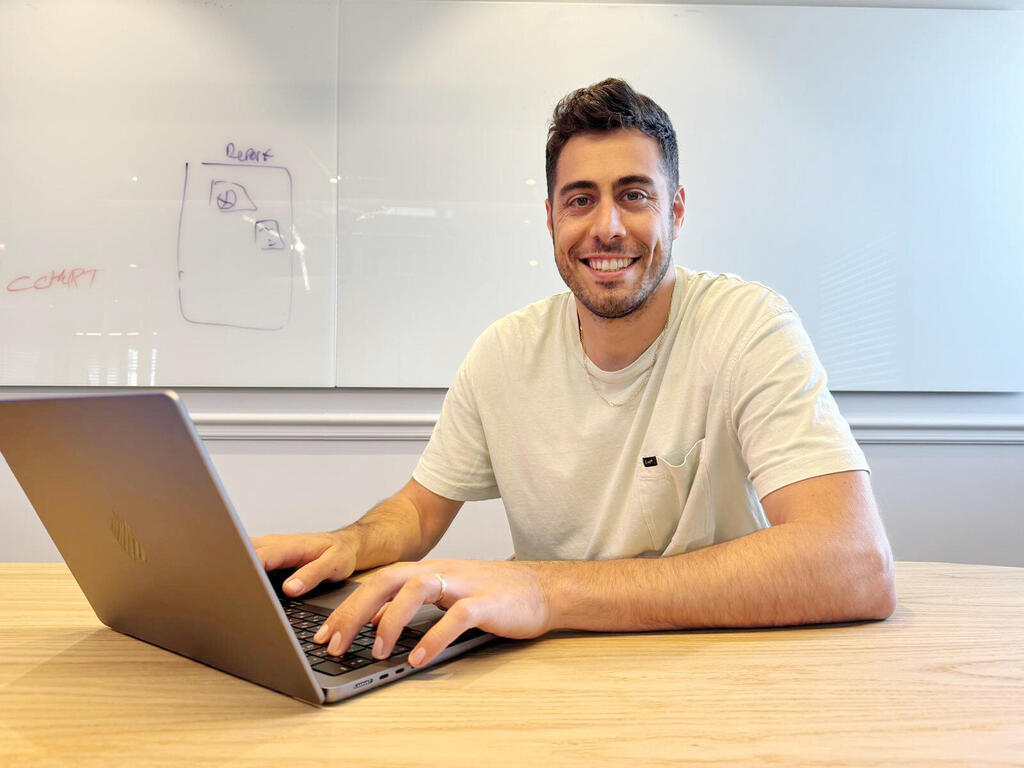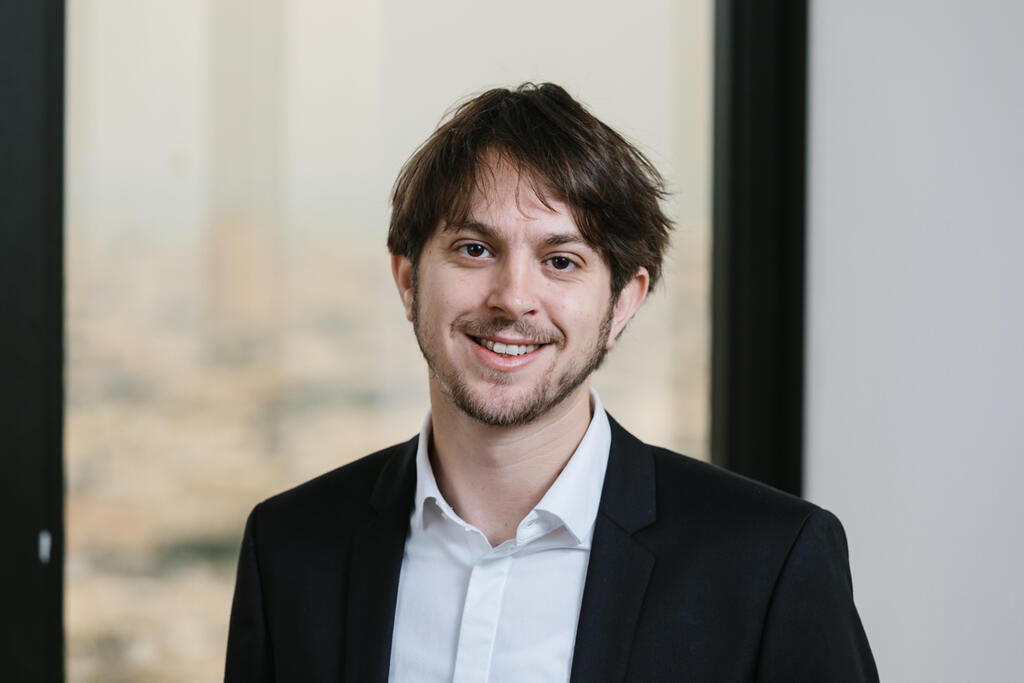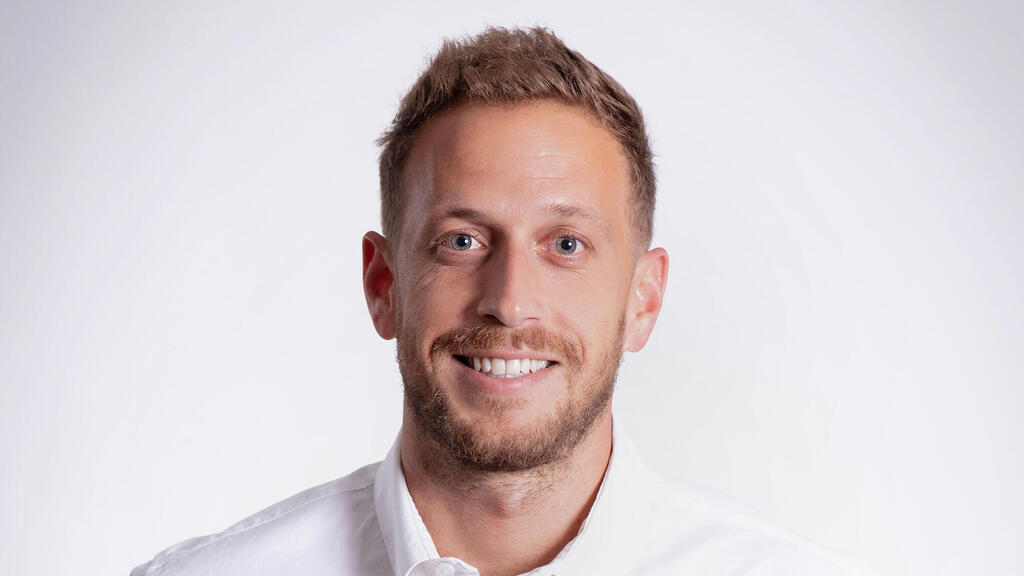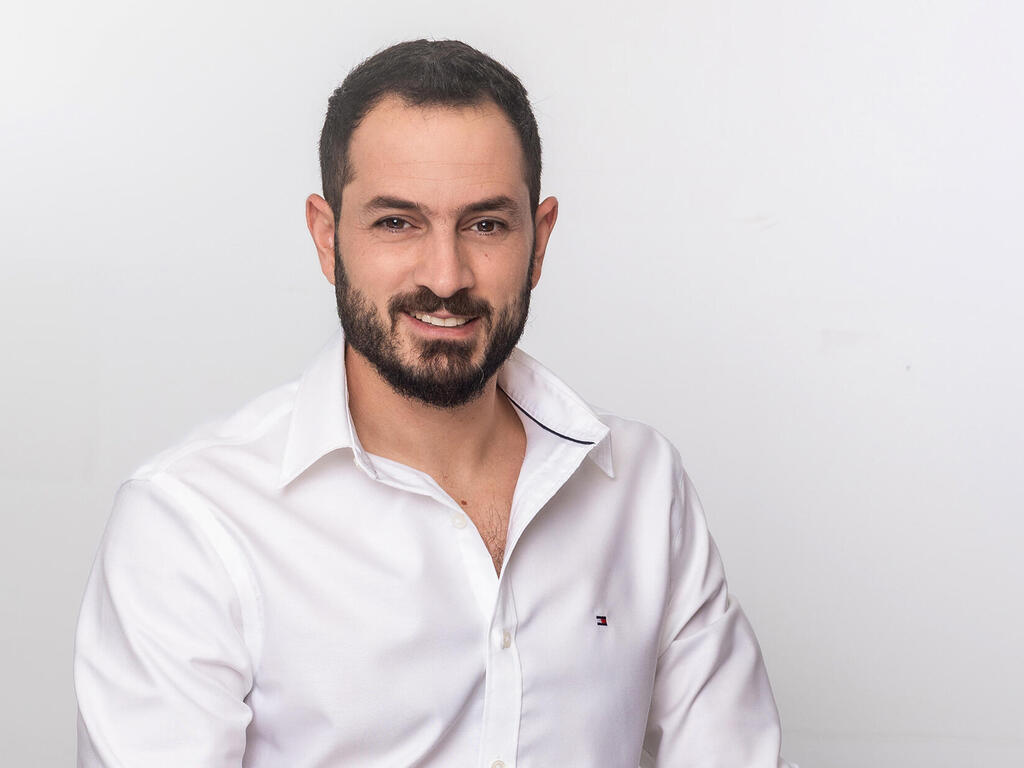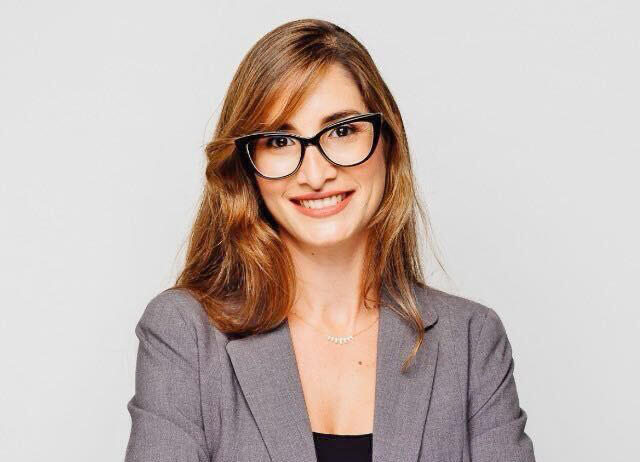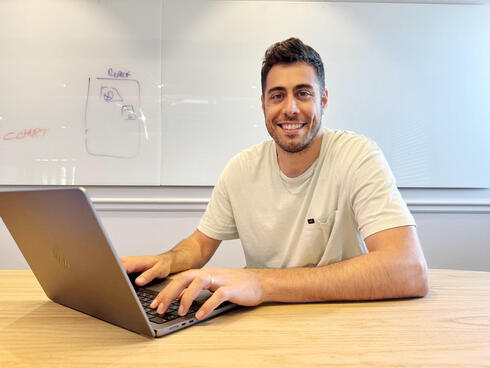
From intern to VP: the long yet rewarding route of growing with a startup
At first they did everything including washing dishes, organizing parties and ordering office equipment for new employees, but the first employees in a startup who choose to grow with it may reach senior positions and enjoy significant success
When Gil Ronen, Head of Data at startup Mavens, which was acquired by Zynga, joined the company, it was composed of a small group of people who sat "in a small and stuffy room," and he worked for no pay. While Ronen thought that he was applying for a student analyst position, it was an unpaid internship which would give him university credit. "After passing the interview, they asked me to provide them with the university form to sign. In a conversation with Gad (the CEO), he explained that the company couldn't pay at the moment. I suggested that I start working for free, we could do a “pilot,” and if things went well, we’d take it from there." Ronen had an offer from a large company for a paid student position, he chose this adventure.
"There was something about Gad sitting in the interview with flip-flops and the work not being confined to sitting in a cubicle that made it very interesting, different - a small company with room to grow and expand. I decided to start working for free. After three or four months, I got a contract and started working as an analyst," he recalls. He then advanced to the R&D team and has been there ever since. In the last half-year, he has been leading the entire data department at the company.
The decision to work at a startup and grow with it has advantages such as the ability to advance and specialize as well as disadvantages, such as salaries. "The process was far from glamorous. There were many difficulties along the way: managers that were in charge of me, the COVID-19 period, and also the fact that throughout the period before the exit my salary was 30-40% lower than the market standard, so it was very uncomfortable. It was clear to me that both in terms of responsibility, variety, what I was doing didn't come close to what I could do elsewhere, and that's something that always kept me here and pushed me to specialize."
However, Ronen admits that during the pandemic he considered leaving. "I had made it to an advanced stage of the hiring process with a very large company, and then I had a very tough and crucial conversation with the CEO about my status, what's happening, and we reached a resolution that I would stay," he says. "Today, for me to go to another company, it would need to pay a lot of money, which is not always what motivates me, and will also have to be interesting work with very talented people, which most medium-large companies don’t have."
In September 2022, Mavens was sold to American gaming giant Zynga, but the exit, or the promise of an exit, did not play a significant role in Ronen's decision to stay with the company. "The business and the market we were in were not very promising for an exit. What kept me [at Mavens] was first, that I have friends for life here, and second, that it would take me to the next level. I got to be part of every one of the data products we released from the ideation stage to implementation, and that allowed me to develop a variety of skills that kept me going along the way," he says.
‘I signed the contract on the train and returned to Israel’
Ofri Ziv, VP Engineering and Security Research at Akamai, began his career path as the first employee at GuardiCore, which was acquired by Akamai in 2021 for $600 million. "I was the first hire on the day we opened the office on October 1, 2013. I've known the founders of the company, Ariel and Pavel, since we all served together in the army. They decided to start the company while I was at Stanford University, when I was thinking of doing my PhD. I promised Pavel that if they raised funds I would return to Israel to work with them. Pavel called to update that there was an investment and that he needed me to sign the contract quickly, so I signed quickly on the train and returned to Israel."
Ziv's first role was not defined, as the first employee does everything in the company. As more people were added to the organization and official roles began to emerge, he transitioned between roles such as team leader, manager, and established the R&D department solving difficult and relevant problems. He was also responsible for the incubation of new capabilities and additions to the product outside the regular development process.
"In the early stages, I was involved in building the technology to prove that our ideas worked, then it was a challenge to learn to sell the technology. We started with an idea upon which we couldn't build a large company, so we changed the product. It's very interesting to me because there isn't an area in the company that I haven't dealt with. At first, we did everything ourselves in the office, then I managed R&D, dealt with marketing and sales, HR, and even organized company events," he says.
Akamai is one of the largest content delivery networks in the world and operates in hundreds of countries through a network of hundreds of thousands of distributed servers. When the company acquired GuardiCore nearly three years ago for $600 million it integrated its defense solutions into the company's product portfolio.
Despite the challenges, every time he had the opportunity to leave, Ziv chose to stay. "I had many opportunities and offers to do all sorts of things, from forming teams to starting companies. Every time I chose to stay, each time for different reasons. I felt that the challenges at work were interesting for me, in addition to wanting to remain with the people I work with. We've known each other for a long time, we’ve known each other for longer than we haven’t, we're already almost a family and it's not something you rush to get up and leave. This connection is necessary because the career path we've taken is a tough journey and everyone has points where they consider leaving the group," he says.
‘I gave up a law internship twice’
Shay Meller, Chief Analysis Operations Officer at Pontera, was the second hire at the company after the founders. He started more than 11 years ago and was hired to help the company find offices and was responsible for renovation, design, etc. "I was at the end of my studies and about to start my law internship. I've known Yoav, the CEO, for many years, and he asked me to come and help as a temporary project. During the project, we actually started working on our first product as a company, and I moved into a professional role.
"After many conversations with the company, they wanted me to stay. After we found someone to replace me, on the last day, I decided to postpone my internship for a year and see how the company develops. After a year, the office where I was supposed to intern called again, and then I knew that I didn't want to leave. It was a very fateful decision for me. At home, they pushed to become a lawyer, and I also had doubts, but in the end, I chose to give up the internship," he says.
Pontera is a fintech company founded in 2012 by CEO Yoav Zurel, CTO Eyal Halachmi, VP Product David Weisz, and chairman Uri Levine, an entrepreneur and former Waze founder. In 2018, the company launched a product that provides financial advisors in the U.S. with a technological platform for managing their clients' long-term savings to improve their results. Following the launch of the new product, there was a significant growth in the company's revenue, and the number of employees more than doubled to 260.
"In the beginning we were building something new. We were pioneers, we did everything. For many years, I was responsible for purchasing equipment for every new employee, computers, company insurance etc. Today we have an IT department, and everything is much more organized," Meller says.
Meller has been part of the company's management for six years, and it hasn’t always been easy. "As a company, we faced many challenges, and my decisions have always been aligned with the company. Even when there was no product that we thought would change the world as we wanted, or we were left eight years ago with the last dollars in the bank and had to send 30% of our employees home, when we asked ourselves if this was the place for us, I saw our potential and that's what kept me here in the end," he says.
Although the company has not yet made an exit, over the years, with large funding rounds, veteran employees have seen returns via secondary deals. The dream of an exit is not a consideration for Meller. "I personally am not waiting for an exit. I think we still have a lot of work to do, and a lot of room to grow until there are even thoughts about moving in that direction. There is a lot of potential for growth. Maybe in the future, there will be more thoughts in that direction," he says.
‘No connection to the tech industry’
Avshalom Mansour, COO at Simplex Mapping Solutions, was the company’s first hire in the role of system operator. "I had no connection to the tech industry at all. I came from security positions, and through a friend who I knew from a social project. In the beginning, I had a very broad and ambiguous job definition," he says. "Everyone was doing everything. One day I was on a plane collecting data, the next day with a client guiding them on how to use the system, the next day providing support, or preparing for an event, and the next day shooting marketing videos. I really enjoyed it."
The company, which developed a cloud-based SaaS workplace including high-resolution aerial photography and 3D mapping systems for urban planners, currently has 60 employees. Along the way, like any bootstrapped startup (not funded by investments from funds or angel investors), there were many challenges, including the pandemic. "After a very strong year, we planned to enter the international market in 2020. We were on a roll, and on the way to the airport to sign a very large deal in Italy, but then they announced they were closing Italy to tourism. It grounded us for almost two years," he says. Although he is not one of the founders, he feels emotionally invested in it. "We built something together. It connects me, and I take it home with me, wake up with it in the morning, and go to sleep with it at night."
Among the downsides of the startup's growth are the many meetings and processes - and for Mansour, that he is no longer close to the customers. "I think I succeeded and stayed mainly because I was willing to devote myself to work, to the place, to the profession, to delve deeply. Of course, there are always temptations elsewhere, but the organizational culture is what keeps me here," he says.
'We all did everything'
Maayan Cyzs, VP Strategy at insurtech company Novidea, which developed a cloud-based data-driven platform for managing insurance agencies, brokers, insurance companies, and MGAs/MGUs, joined nine years ago when the small employee team did everything together. "I remember sitting together until 1:00am eating pizza. Everyone did everything necessary, even if it was outside of their responsibility. At that time, we all did everything, in a common space. The company was everyone's baby; the managers and employees who until today have developed a lot and continue to work in the company," she says.
During her nine years at Novidea, Cyzs’ role has changed. The company grew to more than 300 employees and it went from an Israeli company with local customers to a global company with customers around the world. "On the face of it, I've been working for nine years at the same company, but looking inside it's not the same company, not the same position.
"The areas of responsibility have changed over the years and the specialization changed according to the needs of the company. The company I started with is different from the company today in the scope of employees, in the organizational structure. Every role change, every significant milestone in the company's development required learning a new set of skills, and making professional adjustments to the expansion of operations and global growth."
First published: 18:17, 06.05.24









